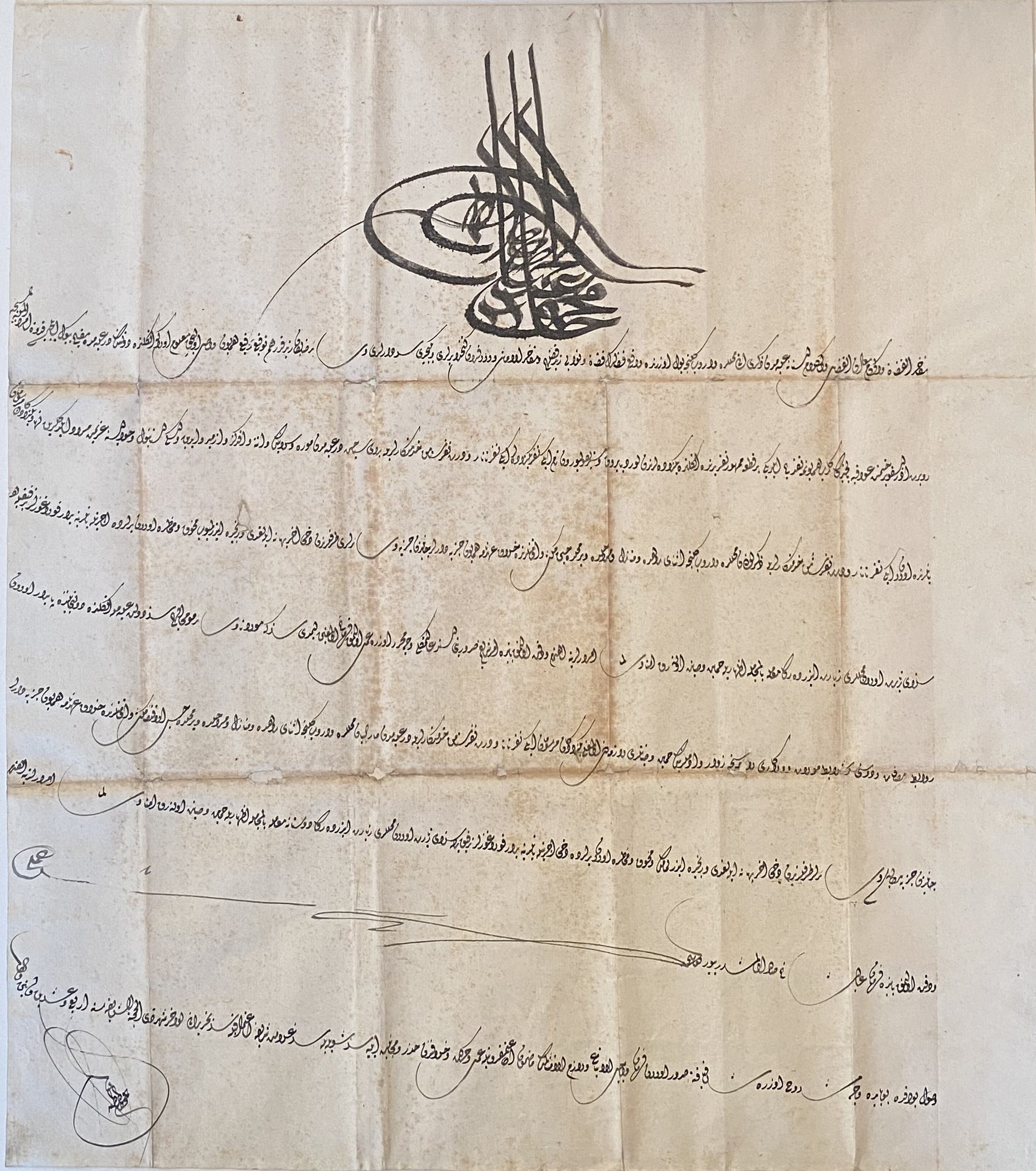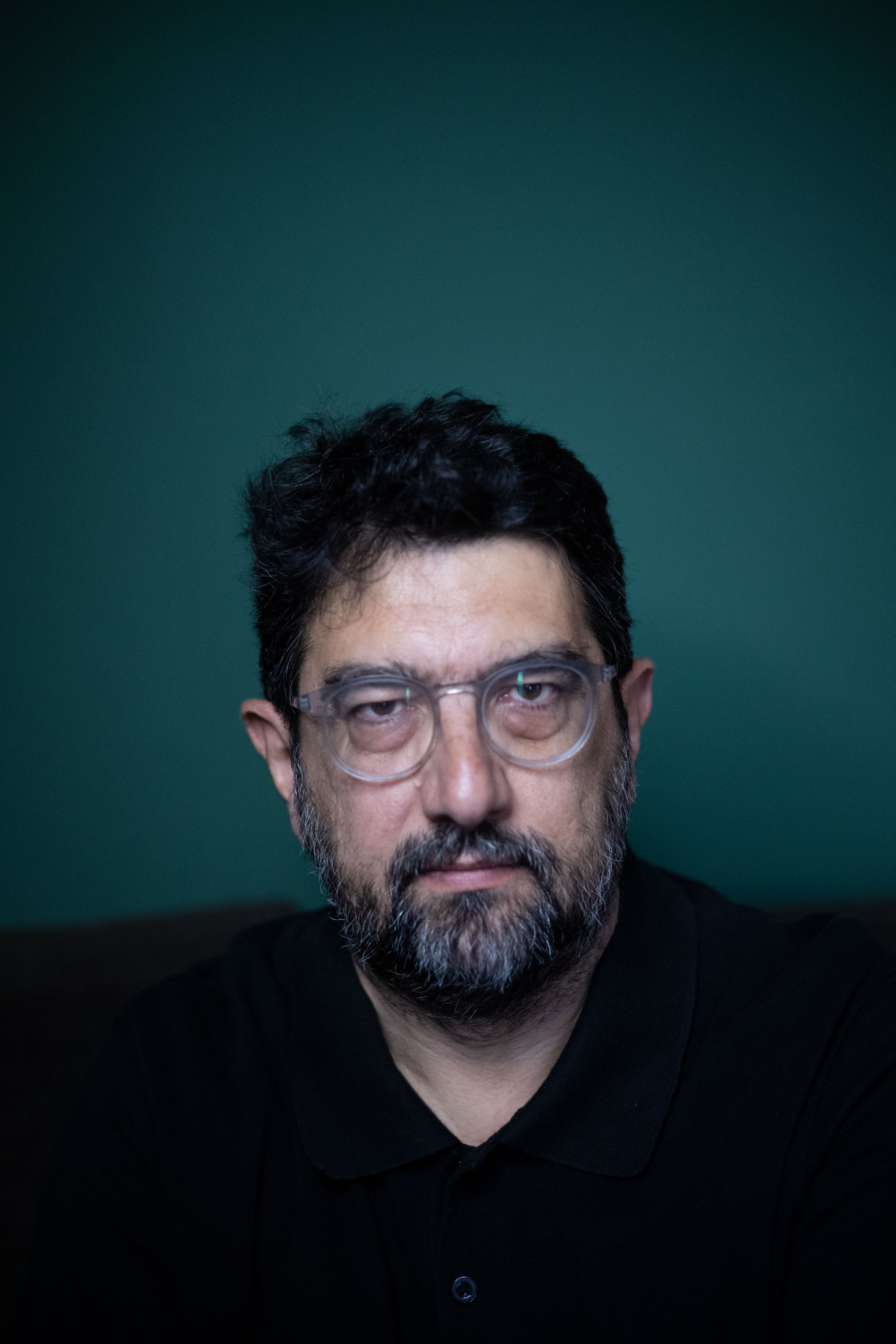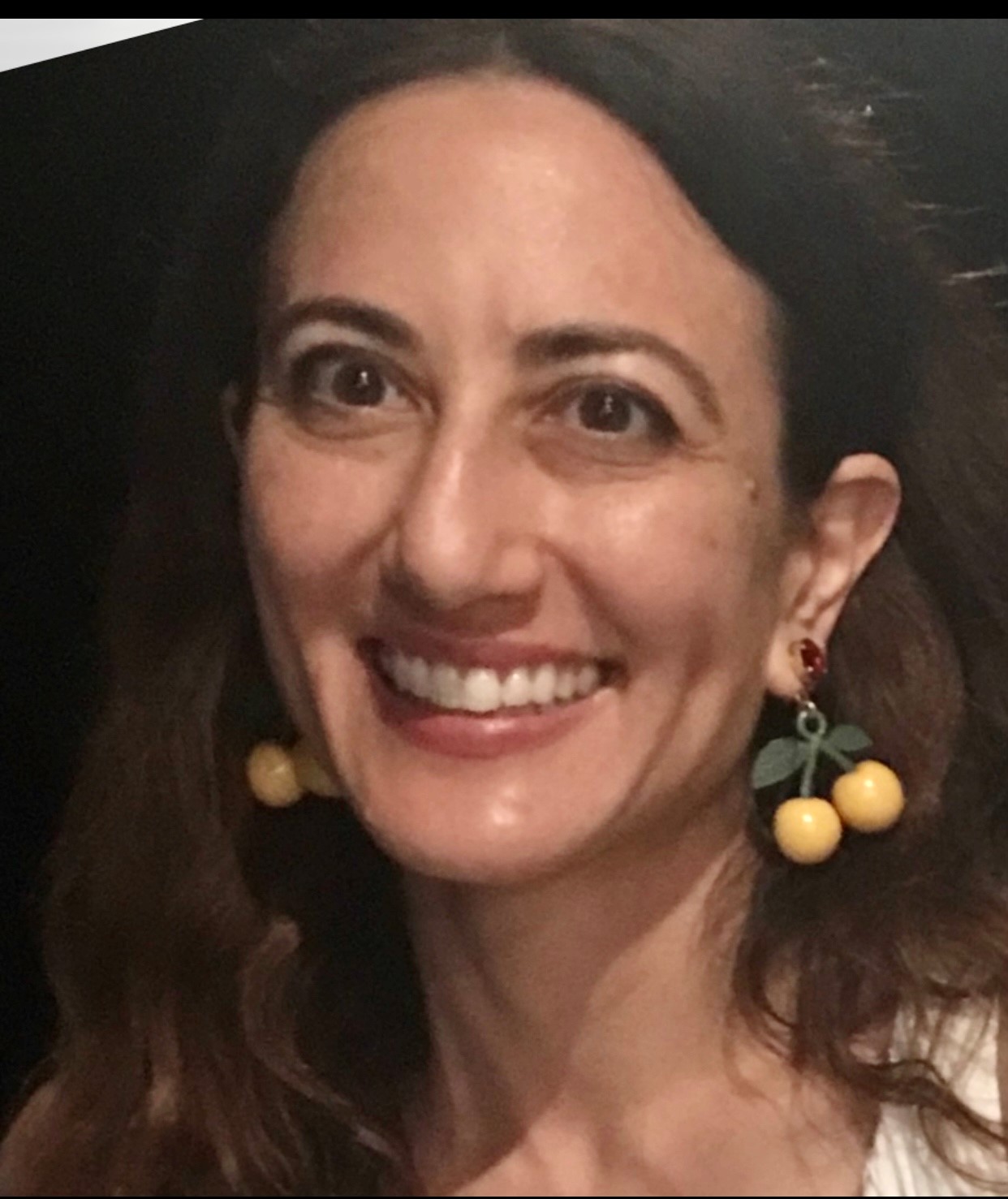Passport to Immortality: Lord Byron’s firman from Sultan Mahmud II for a Grand Tour/seyahat in the Ottoman Empire (1810-11)
Presented By
The Gennadius Library, American School of Classical Studies at Athens
Speaker(s)
Elias Kolovos, Professor in Ottoman History, Department of History and Archeology, University of Crete
Anne McCabe, Research Associate at the Centre for the Study of Ancient Documents, University of Oxford
Location
ASCSA, Cotsen Hall, 9 Anapiron Polemou, 106 76 AthensAbout the lecture

In this lecture we will discuss an unpublished document relating to Lord Byron, namely an Ottoman firman of Sultan Mahmud II, dated 27 January-5 February 1810, which, in response to a petition by Robert Adair, Ambassador of England to the Sublime Porte, grants permission to Byron and John Cam Hobhouse for a Tour (berây seyâhat) from Constantinople to the Morea, Salonica, Athens, the White Sea (Aegean), Smyrna, Aydin, and Old Istanbul and its surroundings.
We compare it with a similar firman of the same Sultan, dated 5/17 December 1810 and granted after a petition by Stratford Canning, for Lord Byron to visit (ziyâret) Cyprus, Acre, Jerusalem, Damascus, Egypt and back to the capital—a trip which Byron never made. Both documents follow the official template of the Ottoman chancery.
The texts note the aristocratic status of Byron and his companion, emphasize the cordial relations between the two states, list the destinations of the Orientalist Grand Tour in Turkish, and make thorough provision for the safety, well-being, and freedom from taxation of the travelers and their retinue. Mahmud II could scarcely have imagined, when he granted these privileges to Lord Byron, that the Grand Tourist would subsequently become a key figure in the rebellion against his rule.
The lecture will be in English.
About the speakers

Elias Kolovos is Professor in Ottoman History, Department of History and Archeology, University of Crete.
He is an expert in Ottoman Turkish paleography and he is working with Ottoman archives in Turkey and Greece (including Mount Athos and Patmos).
His research focuses on the Mediterranean economic history, the history of the insular worlds, the history of the frontiers, rural and environmental history, as well as the spatial history and legacies of the Ottoman Empire.

Anne McCabe is Research Associate at the Centre for the Study of Ancient Documents, Oxford.
She has worked on Byzantine manuscripts (particularly of technical treatises on agriculture and medicine) and inscriptions (particularly those of Constantinople and its hinterland),
as well as on the excavations of the Athenian Agora with the American School of Classical Studies, and at Al-Andarin in Syria.
Free admission